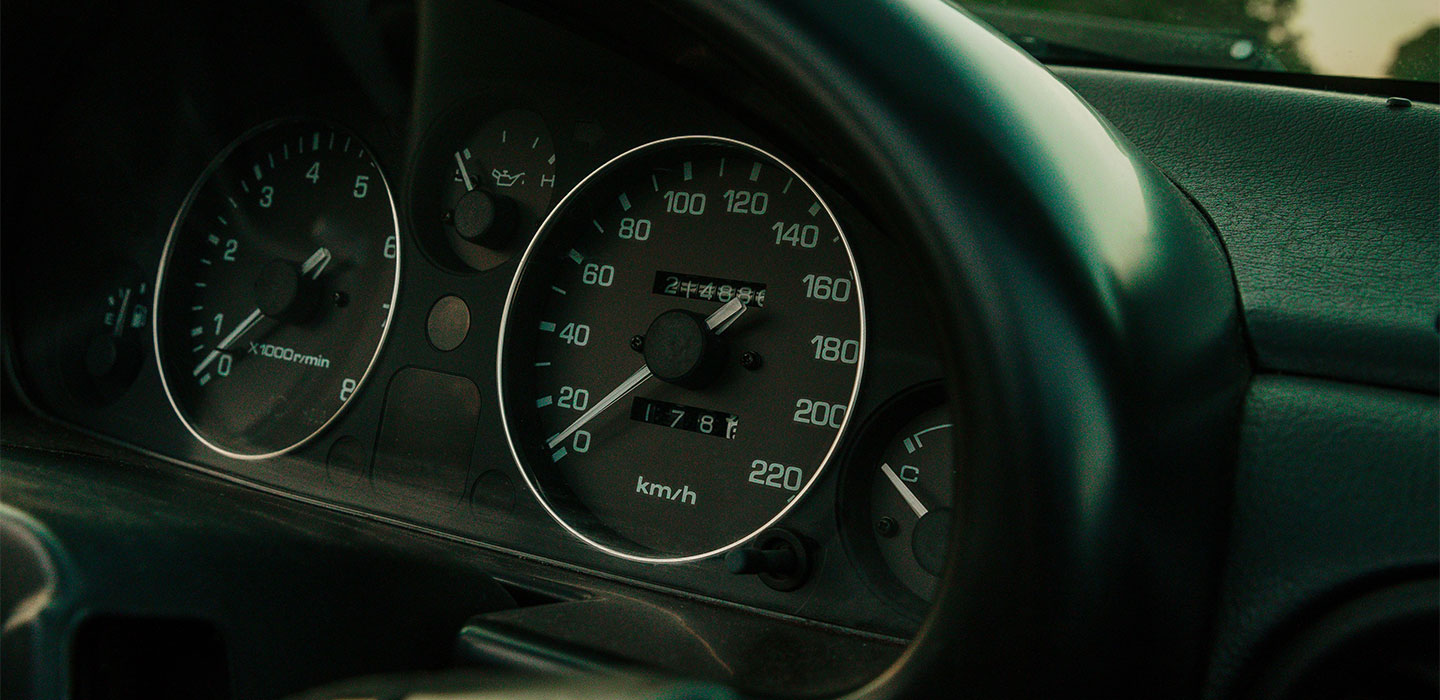Due to a global semiconductor shortage, production on certain new cars slowed, causing used car sales to soar. While market conditions are improving for new vehicles, there is still a shortage of quality used cars.
Waiting until the market normalizes may seem prudent for some, but the truth is, when you need a car, you need a car. Buying can still be an option if you're trying to make the most of your money. Remember, a new car loses up to 20% of its value in the first year of ownership. When it comes to new, sometimes the vehicle may be the right choice, particularly if you plan on keeping it for a while.
The Key to Buying Used
When you shop for a used car, you have to do your homework or turn to experts who buy and sell cars on a daily basis. Check owners' ratings on the vehicles you're interested in to determine if they're reliable, get good gas mileage and are mechanically sound. Make sure you understand the value of the car on sites like Kelley Blue Book, before negotiating the sales price. If your car is on the newer side, our car-buying service powered by TrueCar shows you what others have paid for it, so you know you're getting a good deal.
Car-Buying Services
During a time when cars both new and used are going for premium prices, relying on experts could save you some money and plenty of steps. That's why your Credit Union offers car-buying services to help you find the perfect car at the best price.
Buying an Older Vehicle
Sometimes you will come across a good used vehicle that has excellent service records, is in great shape, and fits your budget. While many financial institutions don't offer auto loans for cars older than 10 years old, some will, based on Kelly Blue Book and NADA values.
Here are other great reasons to consider buying a used car:
You could pay off your loan sooner. Smaller loan amounts typically have shorter repayment terms. Once the vehicle is paid in full, you can redirect that payment amount to your next financial goal — often months or even years sooner than expected.
You could have lower ownership fees. Annual registration and title fees vary widely across the country. Some states, like California, consider your vehicle's purchase price or declared value when determining fees. Depending on the car's age and how long you own it, you might be able to save thousands of dollars by choosing an older model over a current year vehicle.
Your car is less affected by depreciation. Vehicles decrease in value quickly, with newer vehicles taking the biggest hit during the first few years of ownership. According to CARFAX®, the average car dips in value by 60% after just five years. For example, if you wait five years to buy that $35,000 new model vehicle, you might only need to pay $14,000 for it.
You could pay less in finance charges. It's no secret that used cars typically cost less than new ones. While a lower interest rate and longer repayment terms could make a new vehicle more affordable, you'll likely pay more in interest over the life of the loan.
A used vehicle could still be under warranty. It's not uncommon for low-mileage, certified pre-owned vehicles to still be covered under the original manufacturer warranty. These vehicles are oftensold in "like new" condition and have passed a detailed inspection and reconditioning process. Even if the warranty has expired, you may be able to purchase an extended warranty from the Credit Union, a car dealership or an independent warranty company.
You may free up room in your monthly budget. A smaller loan amount could also result in lower payments. The savings difference between a new and used car payment could equal several hundred dollars or more a month. Those cash savings could be set aside for routine maintenance or repair costs not covered under warranty.
You could save on annual insurance costs. Generally, newer models cost more to insure than older vehicles. It costs more to repair or replace a high-value vehicle than it does one that has felt the effects of depreciation.

